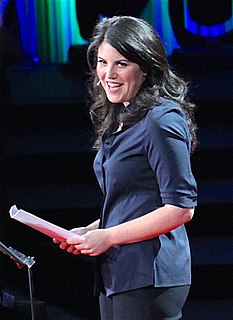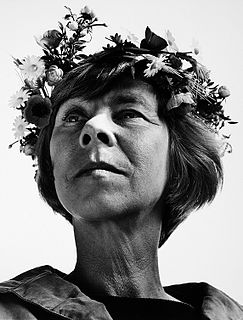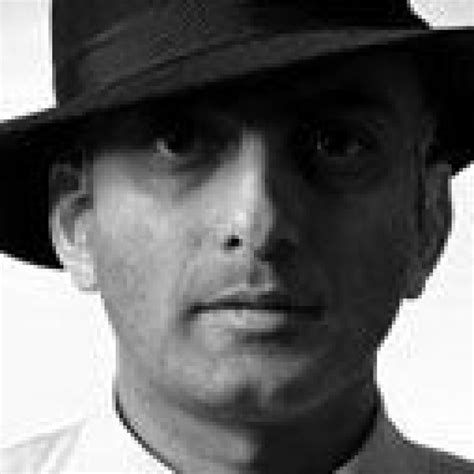A Quote by Mohsin Hamid
When people talk about the death of the novel, they are speaking of the need for the birth of something different.
Related Quotes
The more readings a novel has, even contradictory, the better. In journalism, you talk about what you know; you have provided yourself with records, you have gathered information, you have performed interviews. In a novel, you talk about what you don't know, because the novel comes from the unconscious. They are very different relationships with words and with the world. In journalism, you talk about trees; in the novel, you try to talk about the forest.
A good novel is something that challenges perception, that allows you to see the world anew through a different point of view - something that genre fiction doesn't do, although it sells more because it doesn't disturb people's innate sense of what a novel should be about. Often, people want characters to be nice, for example.
Anyway, solitary people interest me. There are so many different ways of being solitary.' 'I know just what you mean,' said X. 'I know exactly what you're going to say. Different kinds of solitude. Enforced solitude and voluntary solitude.' 'Quite,' said Viktoria. 'There's no need to go into it further. But when people understand one another without speaking, it can often leave them with very little to talk about, don't you think?
I talk with countries, whether it's the Arab states or in the Middle East, and they talk about how they're glad to see us fighting against Iran. I talk with different countries in reference to Syria, and we talk about how we can get the Iranian influence out. We're talking about North Korea and what we need to do and the pressure we need to put on China. They're happy that we're finally beating up on Russia for what they've done in the Ukraine.
If I'm throwing a no-hitter and someone says, 'Hey, you've got a no-hitter,' obviously I'd be like, 'Yeah, I know.' I just try to be humble. I don't like to talk about myself. I have no problem speaking up when I screw up, but if I'm doing good, people are going to notice. I don't need to talk about it.
Myths are stories for our search through the ages for truth, for meaning, for significance. We all need to tell our story and to understand our story. We all need to understand death and to cope with death, and we all need help in our passages from birth to live and then to death. We need for life to signify, to touch the eternal, to understand the mysterious, to find out who we are.
Birth leads to death, death precedes birth. So if you want to see life as it really is, it is rounded on both the sides by death. Death is the beginning and death is again the end, and life is just the illusion in between. You feel alive between two deaths; the passage joining one death to another you call life. Buddha says this is not life. This life is dukkha - misery. This life is death.







































